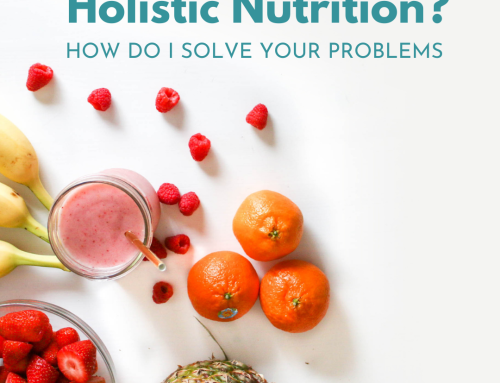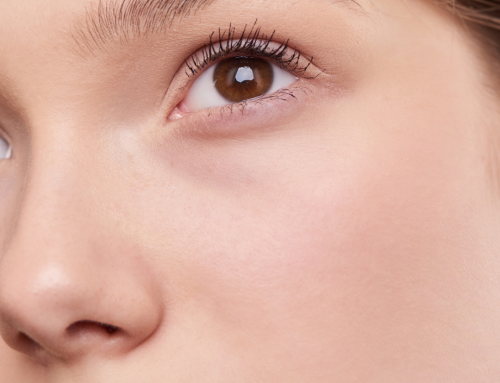Alcohol Gut Health & Menopause let’s explore how they really impact you.
This week is Alcohol Awareness Week — an annual campaign from Alcohol Change UK that raises awareness of how alcohol affects our lives and wellbeing. I want to take a moment to explore how alcohol fits into midlife health, especially its effects on the gut — which, if you’ve been here a while, you’ll know is a core pillar of my work.
You’ve probably heard that alcohol is one of the “usual suspects” when it comes to triggering gut health & menopause symptoms and digestive flare-ups. But what does the evidence actually say? And more importantly — how can you approach alcohol in a way that supports your gut, your hormones, and your peace of mind? Let’s take a closer look.
Real-life observations from midlife clients:
Many women in their 50s aren’t keen to give up alcohol.
It’s often one of the few remaining “treats” — a way to relax, mark the end of the day, or feel a little joy when life feels heavy.
But in practice, I hear the same things again and again: – “I can’t get back to sleep if I wake in the night.”
– “I feel more anxious lately and can’t switch off.”
– “I don’t bounce back from stress like I used to.”
– “I wake up dehydrated, foggy and flat — even if I didn’t drink that much.”
Often, alcohol is affecting them — even if it’s hard to see clearly in the moment. And once we reduce or take a break, the change in mood, sleep and digestion is often striking.
1. Alcohol and Menopause: What the Research Shows
Alcohol and fluctuating hormones can be a tricky mix. What once felt manageable may suddenly hit harder or trigger a range of symptoms:
- Hot flushes and night sweats may worsen, especially with red wine (a known vasodilator)
- Mood swings and anxiety are often amplified due to disrupted neurotransmitter balance
- Sleep quality tends to decline further, even with small amounts of alcohol
- Detox pathways become more sluggish, placing more burden on the liver and gut
- Breast cancer, osteoporosis and heart disease risks all increase post-menopause with alcohol intake
Some studies suggest that light red wine or beer might have mild protective effects (e.g. for bone density), but these findings are inconsistent and the risks generally outweigh any benefits for most women in this life stage.
2. Alcohol and Gut Health: Why It Matters More After 50
For women with IBS, sensitive digestion or gut repair goals, alcohol can quickly undo progress.
Here’s why:
- Triggers gut inflammation — damaging the gut lining and increasing permeability (“leaky gut”)
- Alters digestion — speeding or slowing gastric emptying, often leading to bloating or diarrhoea
- Disrupts the microbiome — reducing beneficial bacteria and encouraging dysbiosis
- Impairs nutrient absorption — especially of B vitamins and zinc
- Dehydrates you — which reduces digestive enzyme output and transit time
- Affects mood — which in turn affects gut symptoms via the gut-brain axis
Why your gut matters for hormone balance
Your gut does more than digest food — it plays a crucial role in how your body processes and clears used-up hormones, especially oestrogen. When the gut is inflamed or out of balance, hormone detoxification can stall, leading to symptoms like bloating, breast tenderness, mood swings or heavy periods.
Supporting gut health helps your whole system function more efficiently, with fewer ups and downs. It’s also key to keeping inflammation in check — one of the root drivers behind fatigue, joint pain, brain fog and hormonal imbalance.
Can I Still Enjoy Wine O’ Clock?
It depends on your body, your symptoms, and how well your gut is functioning overall.
Try these practical tips:
Track your tolerance
Keep a simple log to notice patterns between drinking and symptoms.
Stick to the safe zone
- No more than 14 units per week
- Spread over 3+ days
- Include at least 2 alcohol-free days
Choose gut-friendlier drinks
- Stick to low-FODMAP spirits (gin, vodka, whisky)
- Avoid beer and sweet wines if sensitive to sugars or gluten –
- Drink with food and alternate with water.
- Try the newer lovely non-alcoholic alternatives now available. My personal favourite is Feragaia https://feragaia.com/pages/our-story
Summing Up
This isn’t about cutting alcohol out completely (unless that feels right for you). It’s about honesty. Noticing how alcohol may be affecting your sleep, digestion, or mood in midlife — and giving yourself permission to pause, reassess, and reset.
It’s not just about alcohol…
If menopause or digestion are a real concern, help is at hand. If you’re ready to get to the root of your symptoms, I can help you build a nutrition and lifestyle plan that works for your gut, your hormones, and your life.
A good place to start is with functional testing to get the bigger picture of what’s really going on under the hood.
[Read more here]
or check out my free Midlife Review if you’d prefer more tailored 1:1 support.
Feel free to message me to learn more — no pressure, just support.







